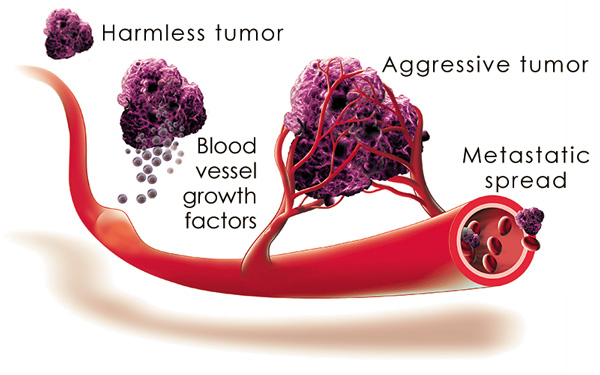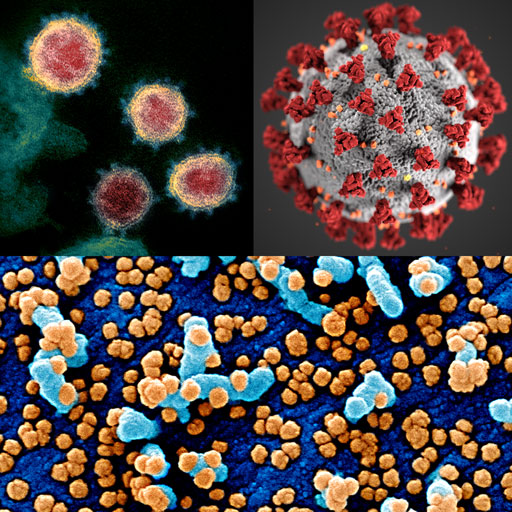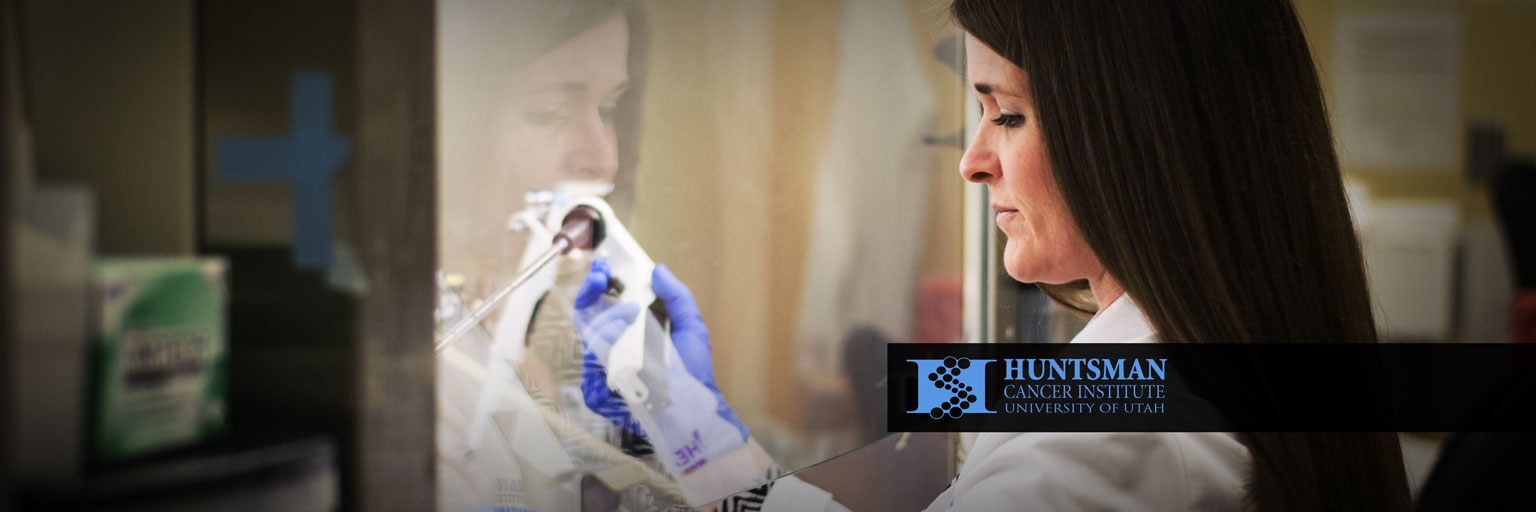No Blood, No Tumor

Without the oxygen and nutrients provided by internal blood vessels, tumors will remain a small harmless blob of cells. Nor will such tumors metastasize through blood-borne cancer cells, as they lack access to the body’s transportation system. Needless to say, understanding how blood vessels are formed in tumors is essential to the understanding tumor growth and their metastatic spreading.

Harmless slumbering tumors become aggressive when they acquire the ability to build blood vessels. The mechanisms of this transformation are not fully understood.
Tumor Angiogenesis
The research field of blood vessel formation in tumors, tumor angiogenesis, was founded by the late Dr. Judah Folkman at Boston Children’s Hospital. Featuring his colleague and successor Director Marsha Moses, tumor angiogenesis and the legacy of Judah Folkman is portrayed in a PBS Nova television documentary, which can be viewed here.
Identifying Blood Vessel Forming Tumor Cells
Headed by Director Moses, scientists at Boston Children’s Hospital have used HoloMonitor to study living bone cancer cells. By studying their dynamics, they have successfully for the first time distinguished aggressive bone cancer cells that promote blood vessel formation from the harmless counterparts that do not promote blood vessel formation. These findings were recently published here, in the scientific journal Cytometry Part A issued by the International Society for Advancement of Cytometry. In their concluding remarks, the scientists write:
“[For the first time, we were able to easily and accurately differentiate between bone cancer cells that do and do not promote blood vessel formation in tumors by comparing five cellular parameters. These physical differences may help to decipher the molecular mechanisms underlying the escape from tumor dormancy in human cancers.]”
Boston Children’s Hospital

Boston Children’s Hospital – a Harvard Medical School teaching hospital – is home to the world's largest research enterprise based at a pediatric hospital with more than 1 100 scientists. In 2016, Boston Children’s was ranked by U.S. News & World Report as the number-one pediatric hospital in the United States for the third consecutive year.
Related links
- Press release: PHI and Malmö University receives 2.3 million kronor to detect blood-borne cancer cells
- Commentary by Prof. Anette Gjörloff-Wingren, Malmö University: Quantitative phase-contrast imaging – A potential tool for future cancer diagnostics
- Article by Harvard Medical School: Caught in Action


